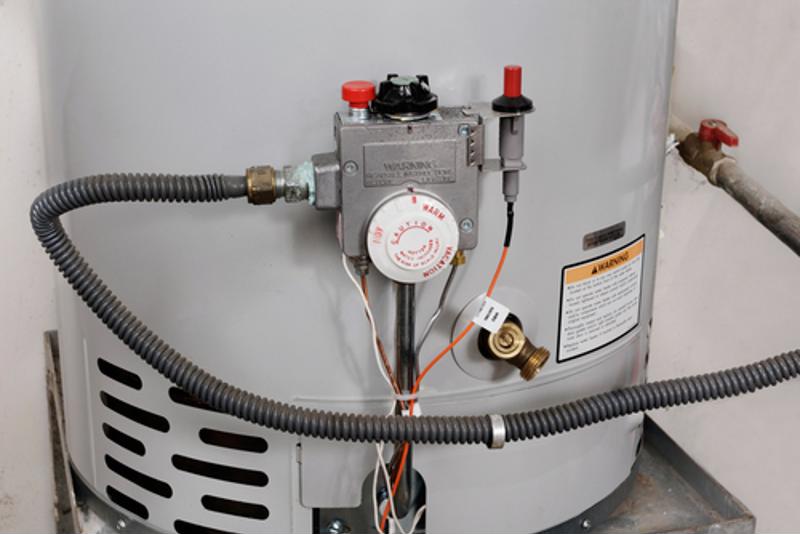Should you keep or trash your old storage water heater?
As the old saying goes, "Change is hard," and it doesn't get any easier when it comes to maintaining your home. You work hard to keep your house energy efficient – you might use weather stripping on the windows during the winter, or maybe you switch to ceiling fans instead of central air during the summer. However it happens, you're committed to keeping your home as energy efficient as possible.
However, after the changes to the energy requirements of storage-type water heaters are implemented, you might have to make some adjustments to your home if you want to keep it as green as can be without sacrificing quality or comfort. As new mandatory efficiency requirements go into effect later in 2015, you'll have to face a difficult decision with your old water heater if you want to maintain both your home's comfort and your low utility bill.

Heaters getting bigger
As technology advances, consumer-facing products usually grow sleeker and slimmer. Look at smartphones and laptops that have shrunk almost exponentially compared to their first offerings. However, because new heating efficiency standards are set to kick in April 1, 2015, Houston, Texas-based plumbing expert Chip Cochran told KPRC Houston that any home with storage-type heaters larger than 55 gallons will see marked changes.
"You will have to buy a heat pump water heater and those water heaters on top of them will have a compressor and an evaporator coil, a whole refrigeration system similar to what your refrigerator has in order to heat the water cheaper," Cochran told the source. "When this happens, it's going to double or triple the price of a new water heater, electric or gas, if it's over 55 gallons."
Cochran also explained that, to achieve this higher level of energy efficiency, new heaters will come with more insulation that will make models taller, wider and heavier. If you keep your old water heater in a small closet or basement crawl space, Cochran warned that the new models might not fit.
"50-gallon water heaters will be 2 inches taller and 2 inches larger in diameter."
To upgrade or not to upgrade?
Karen Lewis, manager of Seattle-based Bill's Plumbing & Sanikan, told the Sequim Gazette that April 16 will mark an important day for energy-conscious homeowners.
"By April 16, companies will no longer make standard water heaters," Lewis said. "It will be an issue for modular homes with water heaters in closets or other tight spaces because the new 50-gallon water heaters will be 2 inches taller and 2 inches larger in diameter and there will be people who won't have the room to get a new one."
As new, more energy-efficient heaters start to flood the market, you'll have to make a decision about the old storage-type model in your basement. Once your old model starts to go, the new storage-type heater you buy will have a smaller capacity due to the update energy efficiency requirements. That means your showers might not have as much hot water as they used to, or your washing machine needs a break if you're using settings that call for heated water.
If you're unwilling to sacrifice hot water availability for your entire home but want to embrace a more energy-efficienct way of providing it, tankless water heaters combine the fastest method of warming water with the smallest physical packages on the market. Tankless heaters take up a fraction of the space of even the smallest whole-house storage heaters, which means they can be installed in a closet or under a flight of stairs while still providing energy-efficient hot water to all of your bathrooms, sinks and showers.
